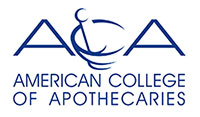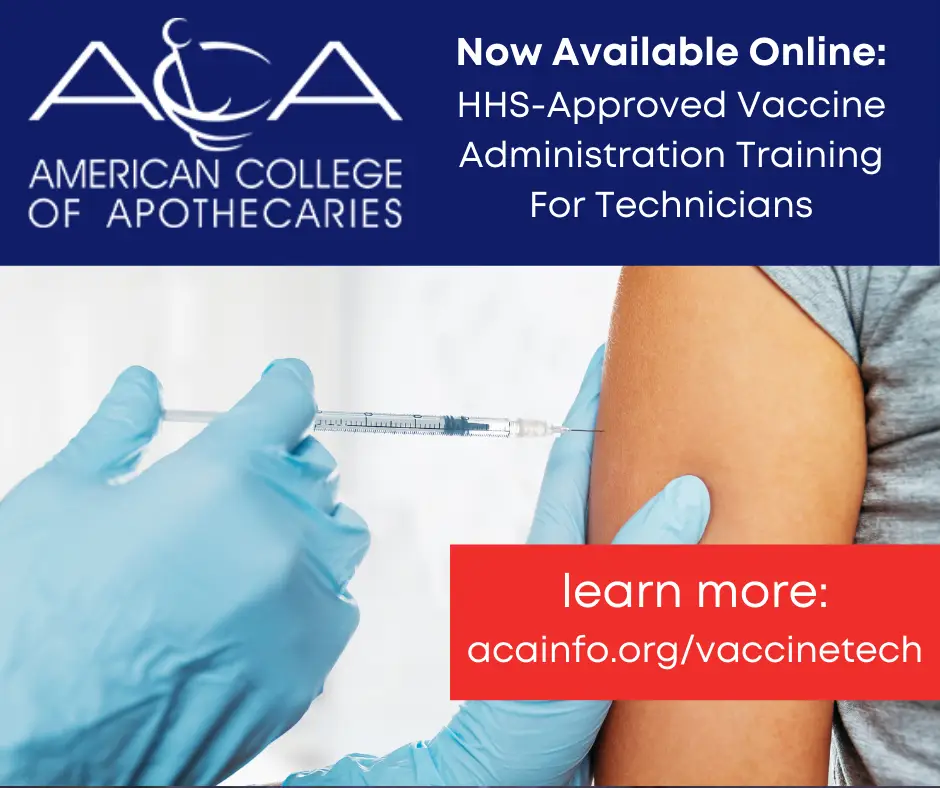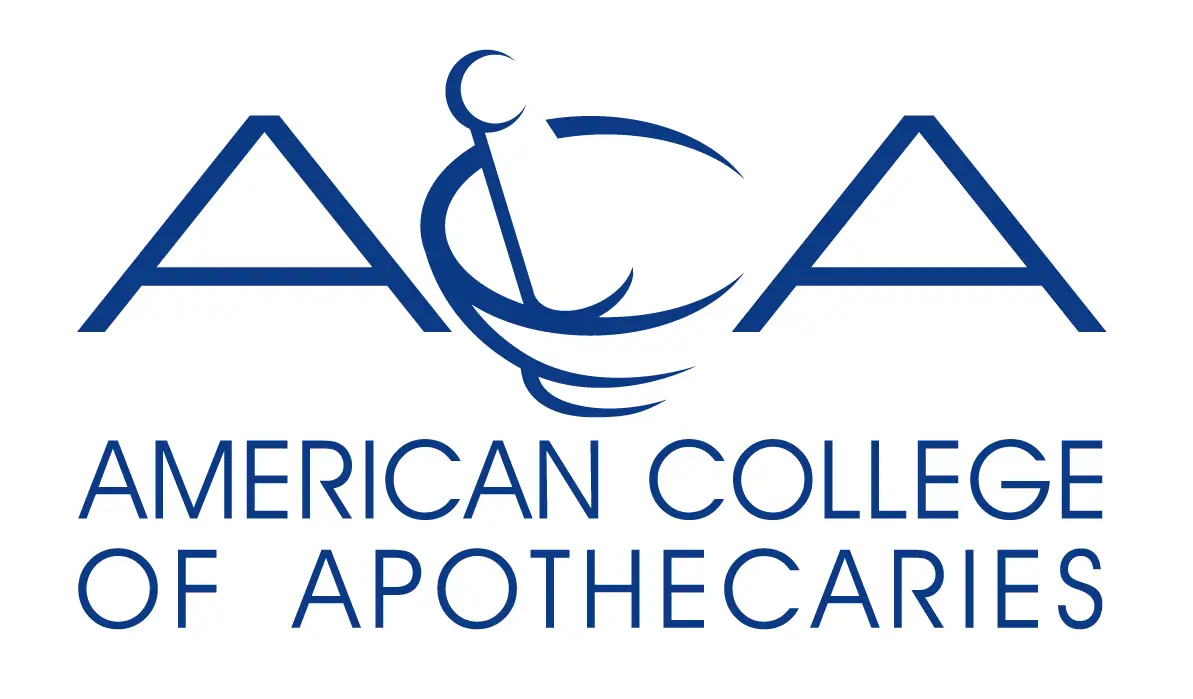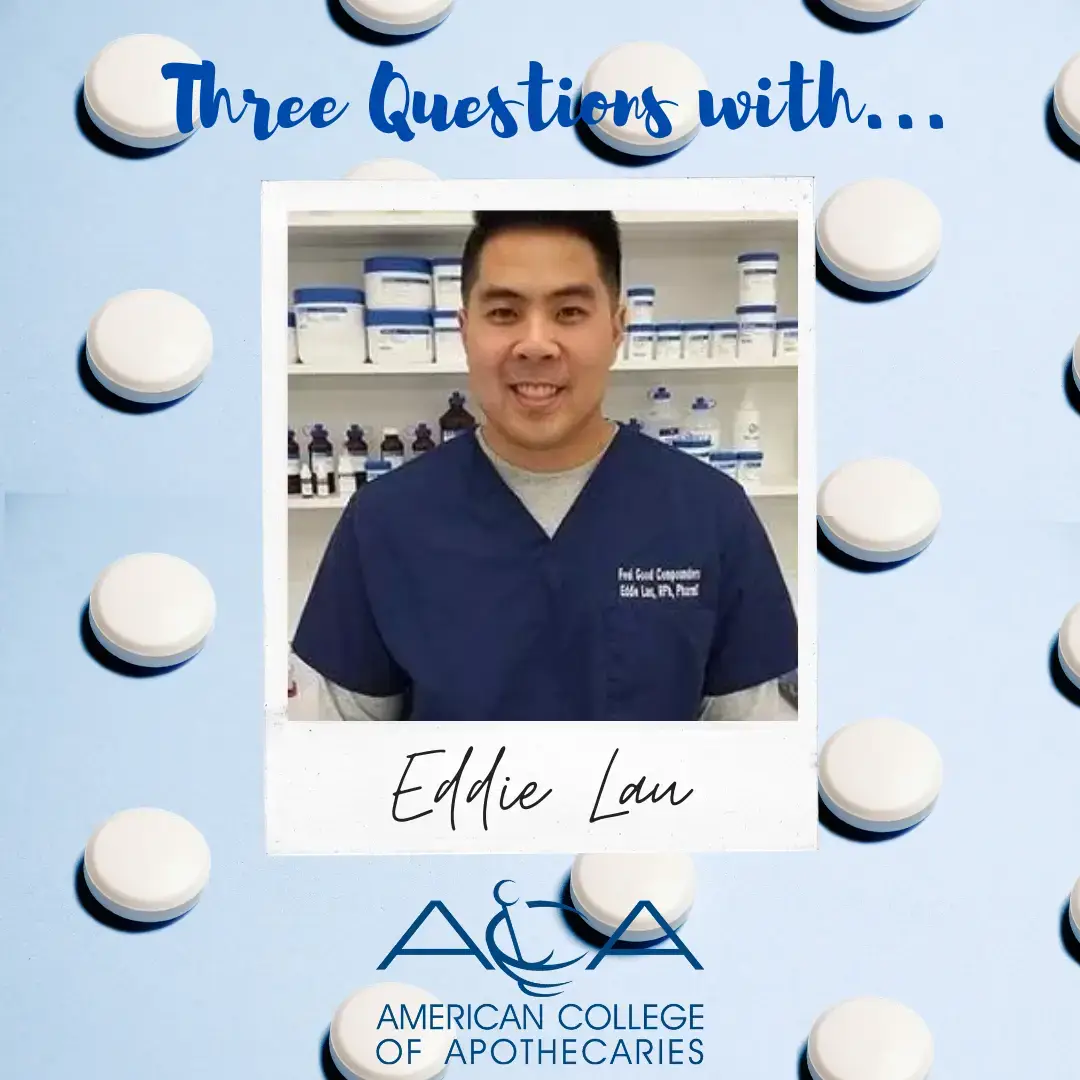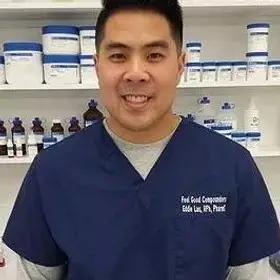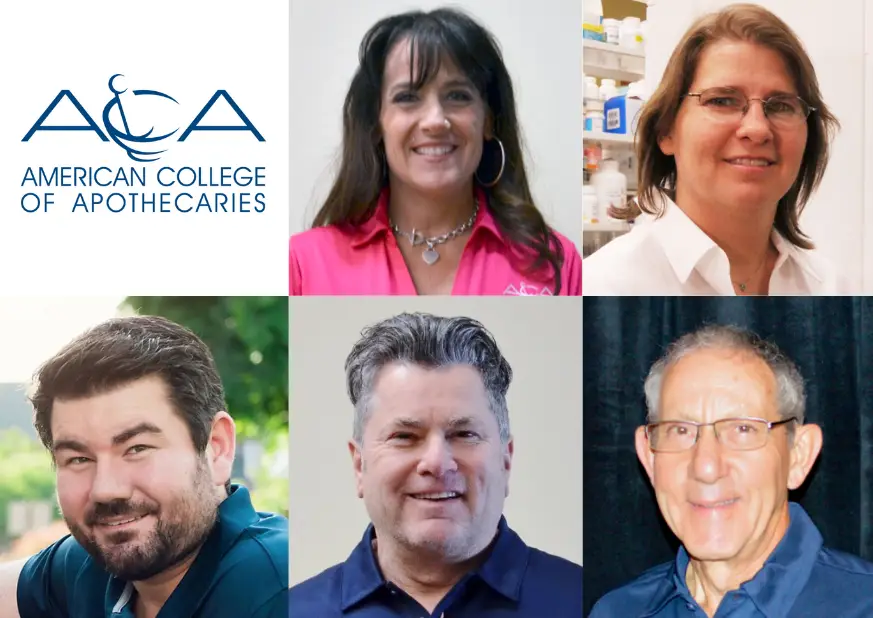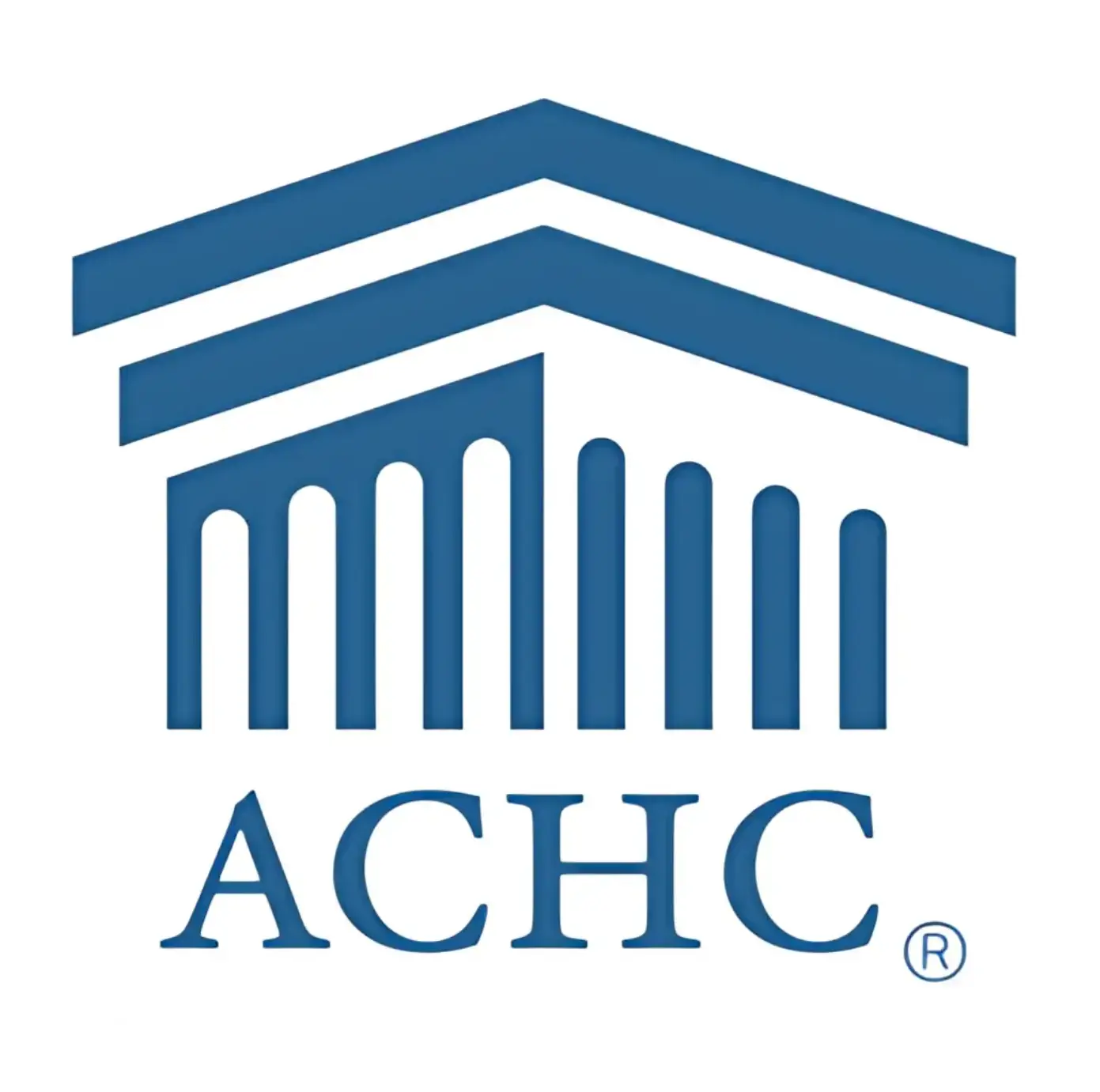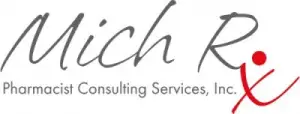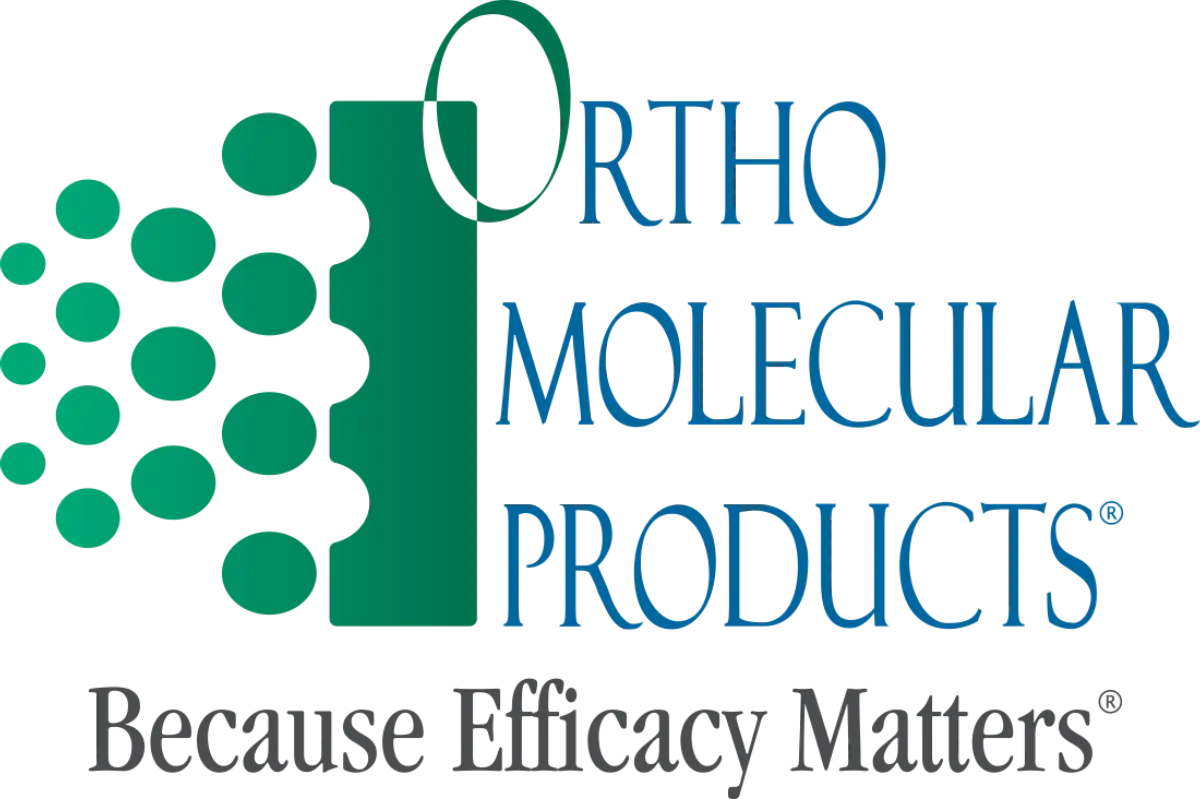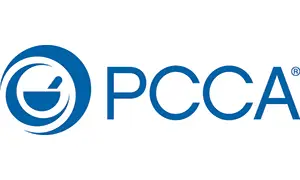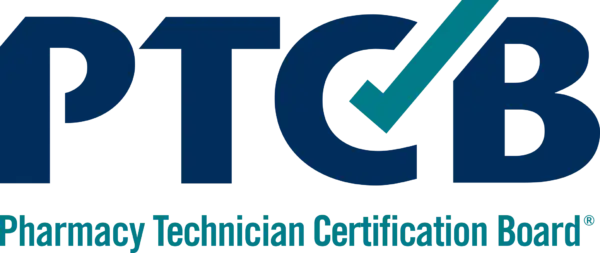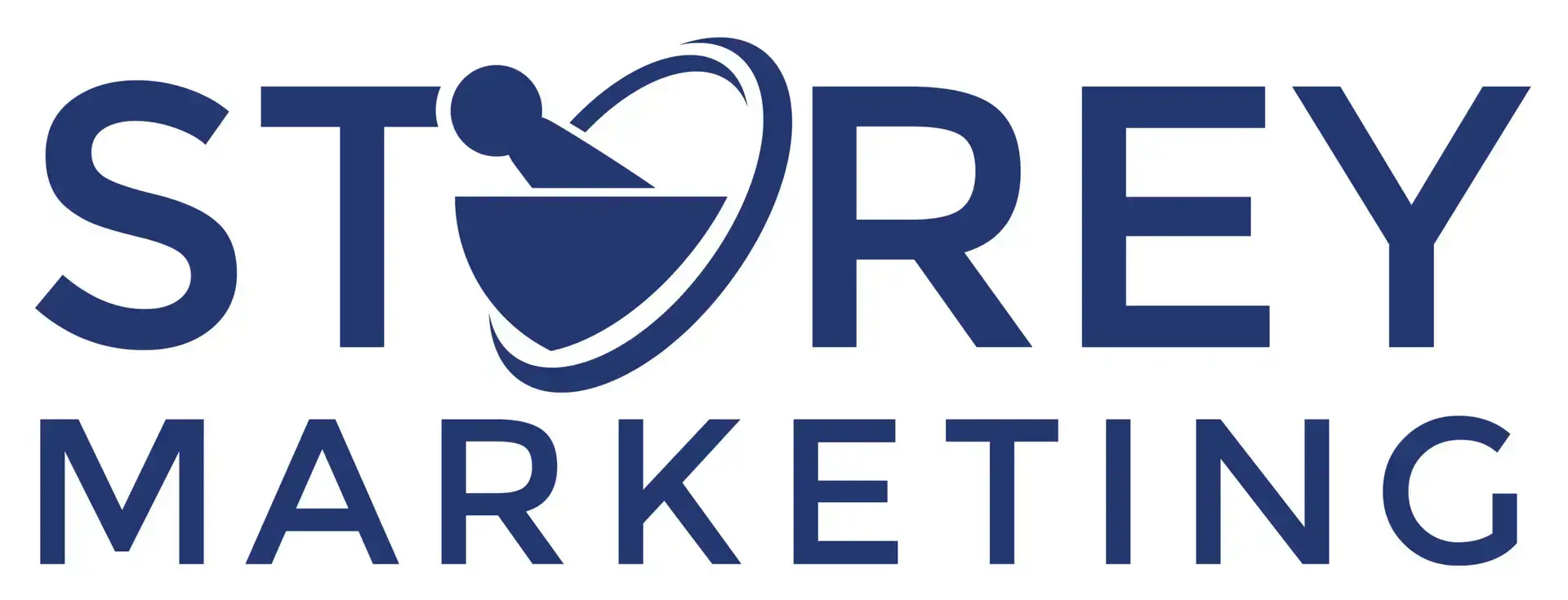Tactical Dialogue A Key to Overcoming Vaccine Hesitancy
Student pharmacists, community pharmacies can reach rural areas
2021 has brought some unique challenges to the field of pharmacy that student pharmacists must be equipped to handle, for example, the ongoing debate about vaccination. The coronavirus pandemic has affected the entire world, and one factor that has changed the course of the pandemic is the emergence of vaccines effective against COVID-19.

Jovita Huynh is an October ACA intern.
The rapid deployment of these vaccines has been instrumental in reducing the number of COVID-19 transmissions. Over 401 million doses of COVID-19 vaccine have been administered since December 2020, a heartening number.
However, there are still some struggles in achieving higher vaccination rates in parts of the country. As of October 11th, 2021, 65.3% of the total population in the United States has received at least one dose of a COVID-19 vaccine, but some states such as West Virginia are lagging behind, with only 48.5% of their total population receiving one dose (1). Unsurprisingly, these areas tend to correlate with a higher percentage of people who are vaccine hesitant (2).
One of the most accessible places to receive a COVID-19 vaccine has been the common community pharmacy. Community pharmacies are widespread and in many locations around the country, even in rural areas that may have more limited healthcare access.
This makes the pharmacist, and by proxy, the student pharmacist, an important provider of COVID-19 vaccines and COVID-19 vaccination information. Therefore, encountering vaccine hesitancy as a student pharmacist is not unusual, and it can often be a stressful conversation if the student does not feel confident in their clinical knowledge.
Although I’m still a student myself, I have found a few techniques to be helpful when discussing vaccinations with patients. Like so many other facets of healthcare, I believe that addressing vaccination hesitancy starts with a question: If a patient expresses concern about receiving a vaccine, we should ask why they have concerns about the vaccine.
“Encountering vaccine hesitancy as a student pharmacist is not unusual, and it can often be a stressful conversation if the student does not feel confident in their clinical knowledge.”
It can be difficult to approach the conversation if the patient is belligerent, but I think helping the patient explore their hesitation helps a lot in developing a trusting relationship between the pharmacist and the patient. Engaging the patient in a conversation encourages the patient to express their concerns, and also enables the pharmacist to individualize their response.
When trying to tailor COVID-19 information to a specific audience, the Centers for Disease Control (CDC) offers useful tips (3). The first step is always trying to understand your audience, and to that end, there are three things you should learn about them.
Most importantly, you should gauge their understanding, perceptions, beliefs, motivations, and barriers related to COVID-19 vaccines. Asking questions like, “What do you know about the risks of COVID-19?” or, “What would motivate you to get vaccinated?” can help a pharmacist assess where to steer the conversation next.
However, there are other factors to consider, so you should also try to find out about their communication preferences. Is there a language barrier, or would they prefer to receive information online or through print?
Finally, their socio-cultural context – do they have access to healthcare? How common is vaccination where they live?
These questions will help you develop an understanding of why a person may be reluctant to receive the COVID-19 vaccine as well as identify why someone might want the vaccine. Reinforcing motivation while countering hesitancy should be the main theme of the conversation.
In addition, addressing misinformation may be an important part of your discussion with your patient. One important technique the CDC mentions for combating misinformation may be trying to use trusted messengers in order to boost credibility.
Some people may find it difficult to trust public health officials or may not have access to the CDC websites. In these cases, it may be effective to partner with trusted community organizations or religious leaders to address misinformation (4).
One important thing to keep in mind is that although vaccination may be the overall end goal, it doesn’t necessarily mean that it has to happen immediately.
For some of our patients who may be a tougher sell, just starting the discussion to give them food for thought can still be a successful counseling session. Not everyone will be receptive to a vaccine immediately and trying to reinforce the importance of the vaccine over several visits may be necessary.
References
-
Carlsen, A., Huang, P., Levitt, Z., & Wood, D. (2021, October 11). How is the COVID-19 vaccination campaign going in your state? Retrieved October 12, 2021, from https://www.npr.org/sections/health-shots/2021/01/28/960901166/how-is-the-covid-19-vaccination-campaign-going-in-your-state.
-
Centers for Disease Control and Prevention. (n.d.). Vaccine hesitancy for covid-19. Centers for Disease Control and Prevention. Retrieved October 12, 2021, from https://data.cdc.gov/stories/s/Vaccine-Hesitancy-for-COVID-19/cnd2-a6zw/.
-
Centers for Disease Control and Prevention. (2021, July 28). How to tailor covid-19 information to your specific audience. Centers for Disease Control and Prevention. Retrieved October 12, 2021, from https://www.cdc.gov/vaccines/covid-19/hcp/tailoring-information.html.
-
Centers for Disease Control and Prevention. (2021, September 4). How to address COVID-19 vaccine misinformation. Centers for Disease Control and Prevention. Retrieved October 12, 2021, from https://www.cdc.gov/vaccines/covid-19/health-departments/addressing-vaccine-misinformation.html
Jovita Huynh is a P4 student at Shenandoah University and an October ACA intern conducting an Advanced Pharmacy Practice Experience (APPE) focused in Association Management.
Personal support a remedy for burnout: student pharmacist probes a common challenge
Pharmacy school can be a tough road, but we have chosen this path because we believe that this is a fulfilling career where we can positively impact our community. In between all of the exams, extracurricular activities, and other stressors, it can be easy to lose sight of the end goal. I am currently completing my last year of pharmacy school and in reflection of my

Jovita Huynh is the ACA intern during October focusing on Advanced Pharmacy Practice Experience (APPE) in Association Management.
journey through the didactic curriculum, I would like to discuss burnout, a pitfall that may affect many students, and two preventative strategies that I feel have served me well.
Burnout syndrome has been described by Dr. Christina Maslach as “a syndrome of emotional exhaustion and cynicism that occurs frequently among individuals who do people-work of some kind” (1). In May 2019, the World Health Organization (WHO) issued a statement recognizing burnout as an occupational phenomenon and included it into the International Classification of Diseases, 11th revision (ICD-11. The WHO definition of burnout mostly relates to the feelings of displeasure with one’s job, overall fatigue, and consequent reduced efficacy in the workplace (2).
So how do we recognize burnout, and who is at highest risk for it? Two well known contributors to burnout are emotional exhaustion and disengagement. Emotional exhaustion is characterized by a state of mental fatigue caused by factors such as constant stress and emotionally demanding work, while disengagement is a lack of connection or concern for the contents of one’s work. In 2020, Fuller et al analyzed information from an anonymous online survey administered to students enrolled in a pharmacy school in Kentucky. Surprisingly, they did not find much correlation between burnout scores and student’s postgraduate goals, extracurricular involvement and work responsibilities. This apparent lack of clear risk factors may make dealing with the problem of burnout more difficult. However, they did find that married students tended to report being less exhausted than unmarried students, hinting at a possible solution (2).
“Small study groups were a great way to focus on studying, as the added accountability prevented me from getting distracted.”
If burnout is such a problem, then what are some possible solutions? An analysis of reflective essays written by pharmacy students in 2020 by Babal et al showed that strong social connections may help reduce stress and burnout. A common theme among many of the submitted reflections was the strong psychological support provided by pharmacy school friendships. These friendships were developed through shared understanding of the challenges of pharmacy school, and created a sense of belonging and camaraderie (3). Additionally, the previously mentioned survey by Fuller et al showed that marital status may be predictive of lower burnout scores, further reinforcing the idea that relationships and connectedness may help prevent and reduce burnout.
Anecdotally, I do feel that the friendships I made throughout pharmacy school were important in helping me reduce stress and also in learning pharmacotherapy. Small study groups were a great way to focus on studying, as the added accountability prevented me from getting distracted. I even have some nostalgia for the stressful nights before an exam when the study rooms were crammed full of students doing last minute reviews, because the air was so thick with esprit de corps and shared connectedness. For any health professions student, including pharmacy, I highly recommend trying to form a study group for all the benefits they may bring.
Another possible solution could be something as simple as taking some time to explore nature. A systematic review in 2018 by Houlden et al found that interaction with nature and green spaces had strong positive associations with hedonic well being. Hedonic well being is a facet of mental wellbeing composed mostly of happiness and life satisfaction (4). Although this review did not look at burnout in particular, this simple intervention may be readily implemented by students. Personally, I found that trying to take some time to go hiking with friends on the weekends greatly improved my wellbeing and mood, serving as a mental reset and allowing me to throw myself into my studies once more.
Burnout is a problem that many pharmacy students may face during our challenging curriculum but there are some accessible and easy strategies that we can implement to mitigate the impact burnout can have.
References:
-
Maslach C, Jackson SE. The measurement of experienced burnout. J Organ Behav. 1981; 2:99
-
Fuller M, Schadler A, Cain J. An Investigation of Prevalence and Predictors of Disengagement and Exhaustion in Pharmacy Students. Am J Pharm Educ. 2020;84(10):ajpe7945. doi:10.5688/ajpe7945
-
Babal JC, Abraham O, Webber S, et al. Student Pharmacist Perspectives on Factors That Influence Wellbeing During Pharmacy School. Am J Pharm Educ. 2020;84(9):ajpe7831. doi:10.5688/ajpe7831
-
Houlden V, Weich S, Porto de Albuquerque J, et al. The relationship between greenspace and the mental wellbeing of adults: A systematic review. PLoS One. 2018;13(9):e0203000. Published 2018 Sep 12. doi:10.1371/journal.pone.0203000
Jovita Huynh is a P4 student at Shenandoah University and an October ACA intern conducting an Advanced Pharmacy Practice Experience (APPE) focused in Association Management.
